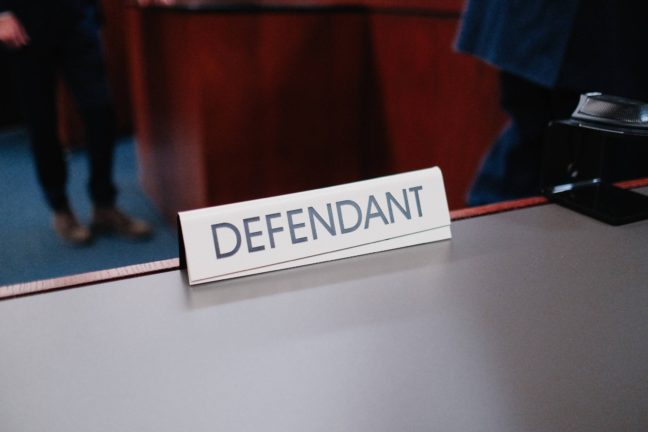If your ex-partner has a felony conviction, the prospect of them obtaining even partial custody of your children might set your hair on fire. However, it’s essential that your Virginia child custody lawyer explain that, in the eyes of Virginia law, they could still be deemed a fit parent. The criteria for determining parental fitness isn’t based on whether a parent committed a crime but rather on whether they prioritize the best interests of the child.
Virginia custody guidelines do not explicitly mention felonies. Rather, the court will consider any history of family abuse, sexual abuse, child abuse, acts of violence, or threats that occurred within the previous ten years as a reason to deny custody.
Regardless of how you feel about this, being a felon does not automatically prevent someone from gaining custody–whether partial or full, physical or legal. As distasteful as it is, adultery does not always affect child custody decisions, either.

More About Felonies in Virginia
In Virginia, felonies are categorized into six classes. Class 1 and Class 2 felony convictions result in twenty years to life in prison. Class 3, 4, 5, and 6 felonies could result in as little as one year in jail. After serving time and paying their debt to society, felons may try to gain parental and visitation rights.
In Virginia, convicted felons automatically lose the right to vote, serve on a jury, run for public office, become a notary public, and carry a firearm. The right to be a parent or the right to have custody of a child is not included in this list. Biological rights, often referred to as ‘natural rights’ (e.g., the right to marry, procreate, parent, and raise a family) cannot be easily revoked. Even convicts in prison maintain relationships with their families with visits to prison.
Types of Convictions That Affect Custodial Rights
Crimes involving violence can significantly influence the court’s decisions regarding child custody. For instance, if a parent was recently convicted of assault, a judge may decide that your child’s safety is better ensured with the other parent.
Other criminal activities closely examined by family courts include:
- Drunk driving: The court might be concerned about the potential of the parent driving while under the influence with a child in the car, and putting their life and well-being in danger.
- Drug convictions: Multiple convictions for drug offenses are often seen as indicators of addiction. The court may grant full custody to the other parent until the one with drug convictions can demonstrate that they are clean, sober, and in stable condition.
- Domestic abuse or violence: If a parent has a recent conviction for domestic abuse or violence, it could pose challenges in securing custody.
Older convictions play a smaller role in the court’s decisions on child custody. If there have been no arrests or convictions in recent years, it may improve their chances of getting custody.
Fight for Your Rights
A parent may justifiably deny visitation to the other parent if they have a criminal record and are concerned about the safety of the children. Keeping a parent away from their children may actually be in the child’s best interests.
During a custody case, an ex might bring up past criminal activities to tarnish the image of the other parent or gain an edge in court. Even though a conviction is not one of the factors used to determine custody in Virginia, the circumstances surrounding a criminal record could sway the court one way or another.
If you are a convicted felon, an attorney from Coastal Virginia Law will build a compelling argument asserting that you fulfilled your societal obligations and are actively working to rebuild a family life.It is imperative that you maintain an exemplary lifestyle and overcome any additional challenges that might get in the way of preserving your parental rights. Even if you reconcile with your ex-partner, be aware that a custodial parent cannot waive back child support you owe.



